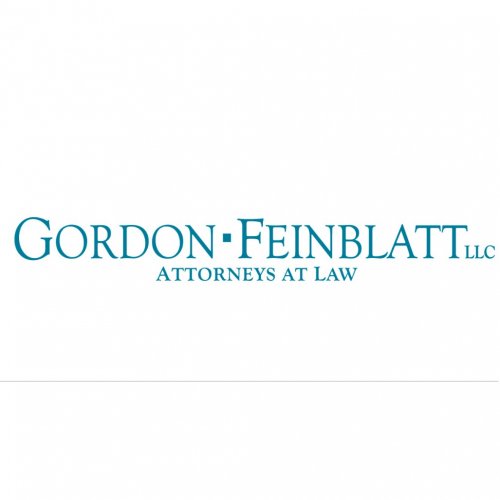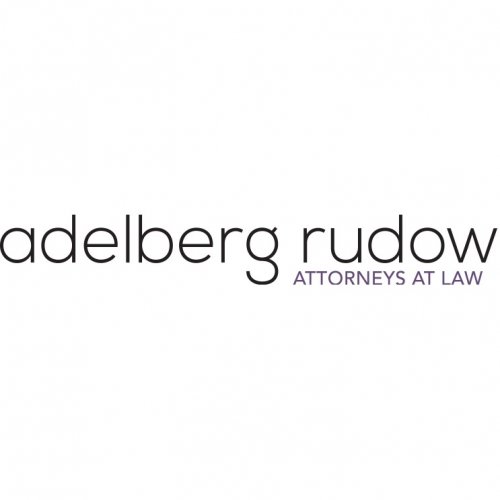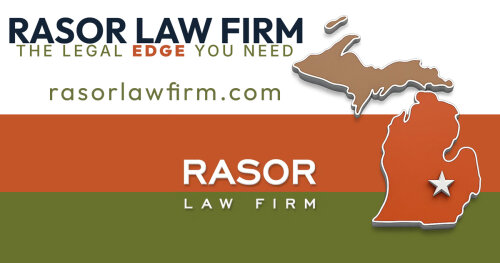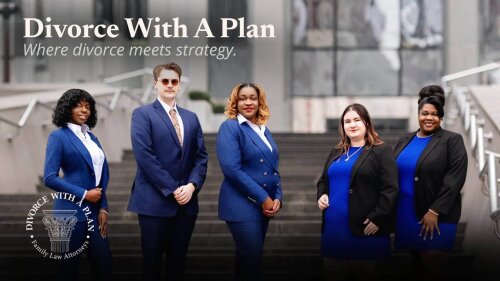Best Collaborative Law Lawyers in Maryland
Share your needs with us, get contacted by law firms.
Free. Takes 2 min.
Free Guide to Hiring a Family Lawyer
Or refine your search by selecting a city:
List of the best lawyers in Maryland, United States
About Collaborative Law in Maryland, United States
Collaborative Law is a distinctive legal process used to resolve disputes, most commonly in family law matters such as divorce and child custody, without going to court. In Maryland, Collaborative Law allows parties to work together with their attorneys in a cooperative, non-adversarial setting to reach mutually beneficial agreements. This process emphasizes open communication, transparency, and respect. Instead of battling in litigation, both parties and their lawyers commit to resolving issues outside the courtroom through a series of structured meetings and negotiations. If Collaborative Law efforts break down, both attorneys must withdraw, and the parties will hire new representation for any potential litigation.
Why You May Need a Lawyer
While Collaborative Law is less adversarial than traditional court proceedings, you may still require legal representation for several reasons. First, Collaborative Law attorneys are specially trained to facilitate respectful negotiations while protecting your interests. Common situations where legal help is essential include divorce, child custody or visitation agreements, property and asset division, spousal or child support arrangements, and business or estate settlements. A Collaborative Law lawyer in Maryland will help you understand your rights and obligations, facilitate productive discussions, and help draft binding settlement agreements that comply with state law.
Local Laws Overview
Maryland recognizes and regulates the practice of Collaborative Law under the Maryland Uniform Collaborative Law Act (UCLA), found in Title 3, Subtitle 19 of the Maryland Code - Courts and Judicial Proceedings. To engage in Collaborative Law in Maryland, both parties must sign a formal Collaborative Law Participation Agreement with their attorneys, which sets out the rules and expectations for the process. The law specifies requirements for voluntary disclosure of information, confidentiality of negotiations, and the unique withdrawal provision if the process fails. The purpose is to offer a structured, legal alternative to traditional court litigation, designed to encourage fair settlements and reduce the emotional and financial costs often associated with prolonged court battles.
Frequently Asked Questions
What is Collaborative Law?
Collaborative Law is a voluntary dispute resolution process where both parties work with their own trained, collaborative lawyers to reach a settlement outside of court.
How is Collaborative Law different from mediation?
In Collaborative Law, each party has their own lawyer advocating for their interests during negotiations, whereas a mediator is a neutral third party who assists both sides in reaching agreement but does not represent either party.
Can Collaborative Law be used for matters other than divorce?
Yes. While most common in family law, Collaborative Law can also be used for business disputes, employment matters, probate, and other civil disagreements.
What happens if we cannot reach an agreement in Collaborative Law?
If an agreement cannot be reached, the Collaborative Law process ends, and both parties must hire new lawyers for any court proceedings. Collaborative Law attorneys are ethically barred from representing you in subsequent litigation related to the dispute.
Are Collaborative Law agreements legally binding?
Yes, once both parties sign a settlement agreement in the Collaborative Law process, it is legally enforceable under Maryland law.
Is Collaborative Law confidential?
Collaborative Law discussions and documents are generally confidential and cannot be used as evidence in court if the process breaks down, subject to some exceptions like threats or admissions of criminal conduct.
How long does the Collaborative Law process take?
The timeline varies depending on the complexity of the issues and the willingness of both parties to negotiate. Generally, it is faster than traditional litigation.
What are the benefits of choosing Collaborative Law?
Benefits include reduced stress, lower costs, increased privacy, control over outcomes, and the preservation of relationships where possible.
How do I find a Collaborative Law attorney in Maryland?
Seek lawyers who are members of organizations such as the Maryland Collaborative Practice Council or the International Academy of Collaborative Professionals. Referrals from local bar associations can also help.
Is Collaborative Law appropriate for high-conflict cases?
Collaborative Law requires a willingness to negotiate and share information openly, so it may not be suitable for cases with significant imbalance, abuse, or where one party refuses to cooperate.
Additional Resources
If you are considering Collaborative Law in Maryland, the following resources may be helpful:
- Maryland Courts - Official state judiciary website with information on family law and collaborative processes
- Maryland Collaborative Practice Council - Offers education, directories of Collaborative Law professionals, and information for the public
- Maryland State Bar Association - Family & Juvenile Law Section provides further guidance and lawyer referrals
- International Academy of Collaborative Professionals - Provides information about Collaborative Law and connects people with trained practitioners in Maryland
Next Steps
If you believe Collaborative Law may suit your situation, consider the following steps:
- Educate yourself about the Collaborative Law process and requirements in Maryland.
- Compile any documents or information relevant to your dispute, such as financial records or parenting schedules.
- Consult with a Maryland-based attorney experienced in Collaborative Law to discuss your options and determine your readiness to negotiate.
- If you decide to proceed, sign a Collaborative Law Participation Agreement with your attorney and notify the other party.
- Participate constructively in all scheduled meetings, aiming for open communication and compromise.
- If agreement is reached, ensure all terms are documented in a formal, legally binding settlement, which can be submitted to the court if required.
Lawzana helps you find the best lawyers and law firms in Maryland through a curated and pre-screened list of qualified legal professionals. Our platform offers rankings and detailed profiles of attorneys and law firms, allowing you to compare based on practice areas, including Collaborative Law, experience, and client feedback.
Each profile includes a description of the firm's areas of practice, client reviews, team members and partners, year of establishment, spoken languages, office locations, contact information, social media presence, and any published articles or resources. Most firms on our platform speak English and are experienced in both local and international legal matters.
Get a quote from top-rated law firms in Maryland, United States — quickly, securely, and without unnecessary hassle.
Disclaimer:
The information provided on this page is for general informational purposes only and does not constitute legal advice. While we strive to ensure the accuracy and relevance of the content, legal information may change over time, and interpretations of the law can vary. You should always consult with a qualified legal professional for advice specific to your situation.
We disclaim all liability for actions taken or not taken based on the content of this page. If you believe any information is incorrect or outdated, please contact us, and we will review and update it where appropriate.
Browse collaborative law law firms by city in Maryland
Refine your search by selecting a city.
















